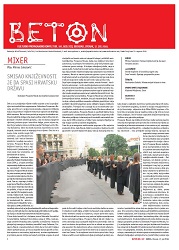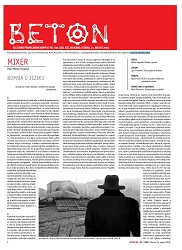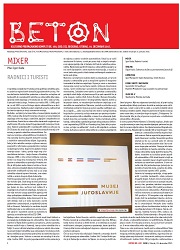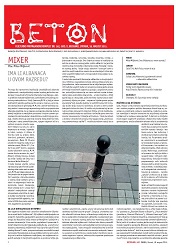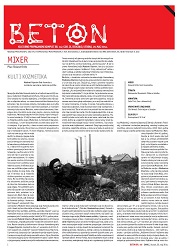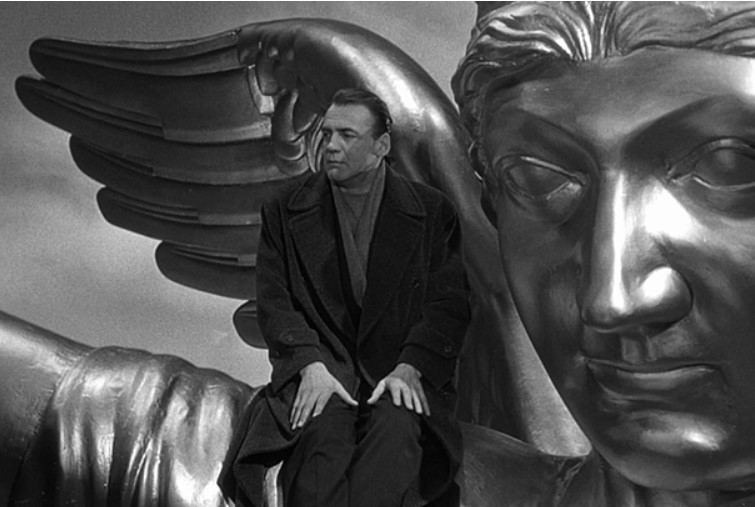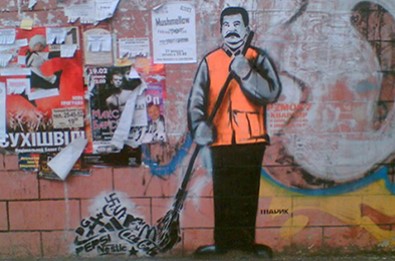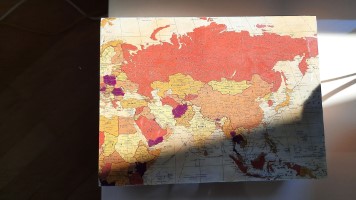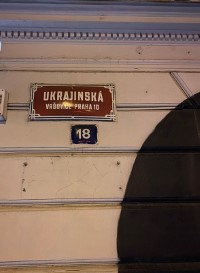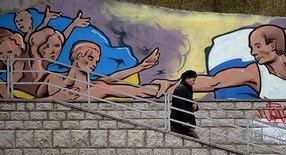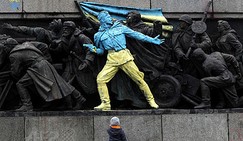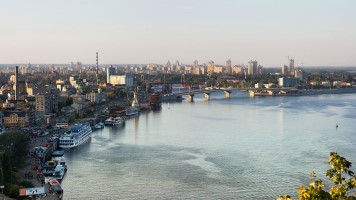
HELSINŠKE SVESKE №11: The Balkans Rachomon
The author presents the main and general characteristics of historiographic revisionism in Europe in the 1990s, drawing attention to the various features of revisionism in former socialist countries (Russia, the German Democratic Republic, Czechoslovakia, Romania, Bulgaria) and their attitude to Socialism. The necessary scientific re-examination of the past is separated from its ideological reinterpretation inspired by revived nationalism. The attention focuses on Serb and Croat revisionism, that is, on its moderate versions (‘medium compass’ revisionism), as found in the works of the Yugoslavia historians Branko Petranović and Dušan Bilandžić. Digest: Contemporary historiographic revisionism exhibits a number of components: a critical attitude to historiography on the part of the winner (the communists); a clearer understanding of the essence of past events owing to greater distance from them and to the availability of new sources; a pragmatic reinterpretation of the past inspired by narrow or broad party or national motives. Revisionists in former socialist countries find their principal source in revived nationalism which seeks to play down one’s own fascist past by uncritically attacking anti-Communism and anti-totalitarianism. Instead of being confronted, the dark shadows from one’s own past are being shown in a new light. This paper draws attention to state-sponsored and academic revisionism, and lays bare its chief motives and rhetoric in several European countries. The object of this comparative study is to show up the triviality of domestic revisionism. The revisionism in the works of B. Petranović and D. Bilandžić written in the 1990s is discussed at some length to show up the contradictions characterizing their writings before and after the collapse of the Socialist Federal Republic of Yugoslavia and the pattern of their revision fired by awakened concern for their respective ‘endangered’ nations. Selective memory and orchestrated forgetfulness were major catalysts of the civil war in Yugoslavia, with revisionist historiography enlisted to justify the new national objectives. The author believes that one can master one’s past only by confronting its dark aspects and hopes that a critical appraisal by domestic scholars of own nationalism will not be overly delayed by customary tardiness. Is contemporary historiography in former Yugoslav republics under the prevalent influence of any of the following components: a) an inevitably maturer scientific outlook on the past brought about by sounder theory and improved methods, and made possible by the discovery of hitherto unknown archival material of prime importance; b) a rather understandable shift of accent in interpreting key historical events, that is, a fuller and broader understanding of their historical function resulting from changes in the epochal consciousness and from the disappearance of the authoritarian patterns of the one-party socialist regime, or; c) a pragmatic revision of the past prompted by broader or narrower ideological, party or personal interests or motives? Which of the above components are discernible in the leading historians and can they be differentiated in more detail? In trying to answer these questions we shall take a look at: a) some general characteristics of historiographic revisionism in Europe and in former socialist regimes at the end of the twentieth century as an important aspect of reinterpreting the recent past; b) narrower regional characteristics, that is, the chief nationalistic motives of revisionism in the contemporary historiography of former Yugoslav republics, and; c) concrete revisionist components in the works of the Yugoslavia historians D. Bilandžić and B. Petranović.
More...
